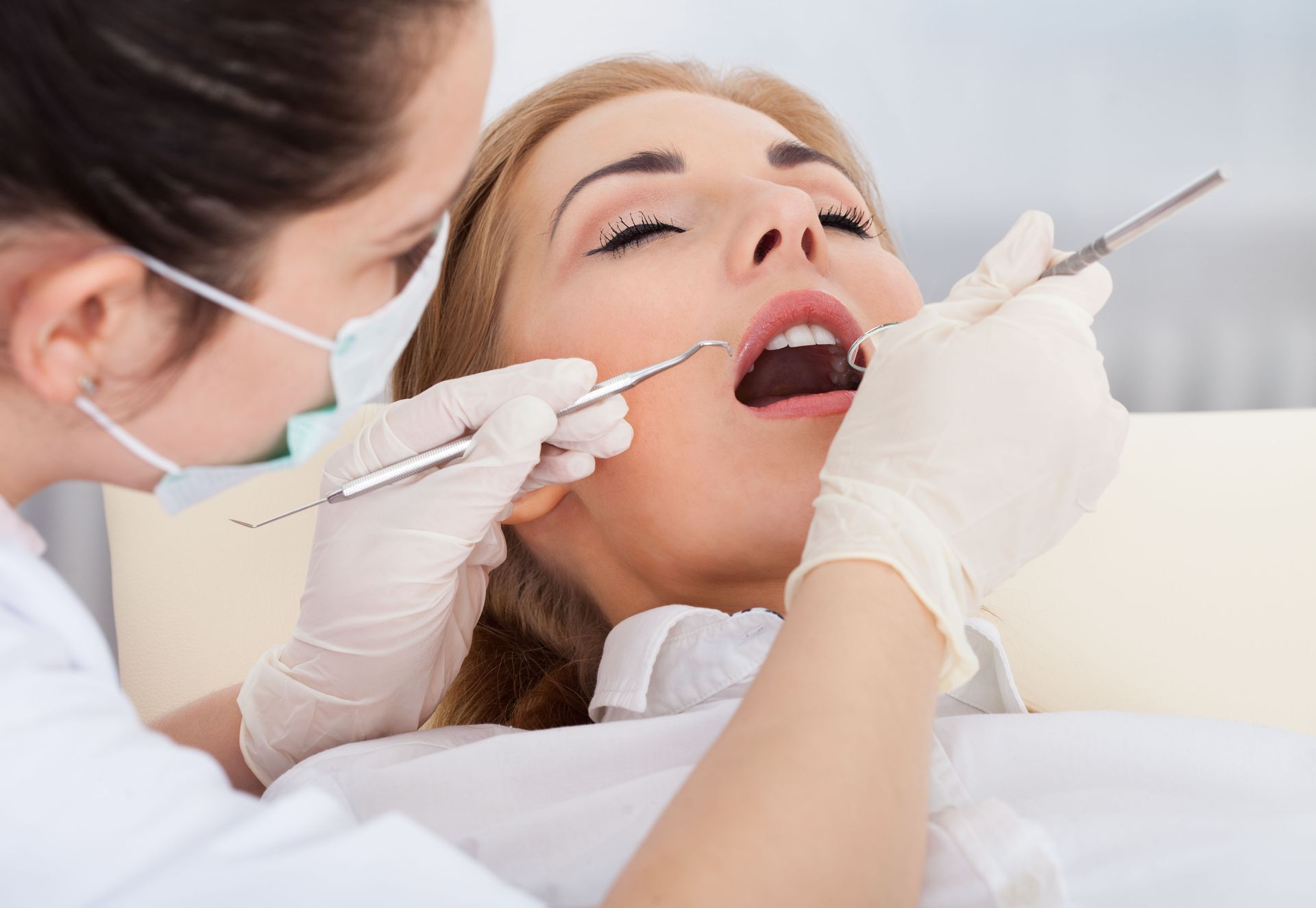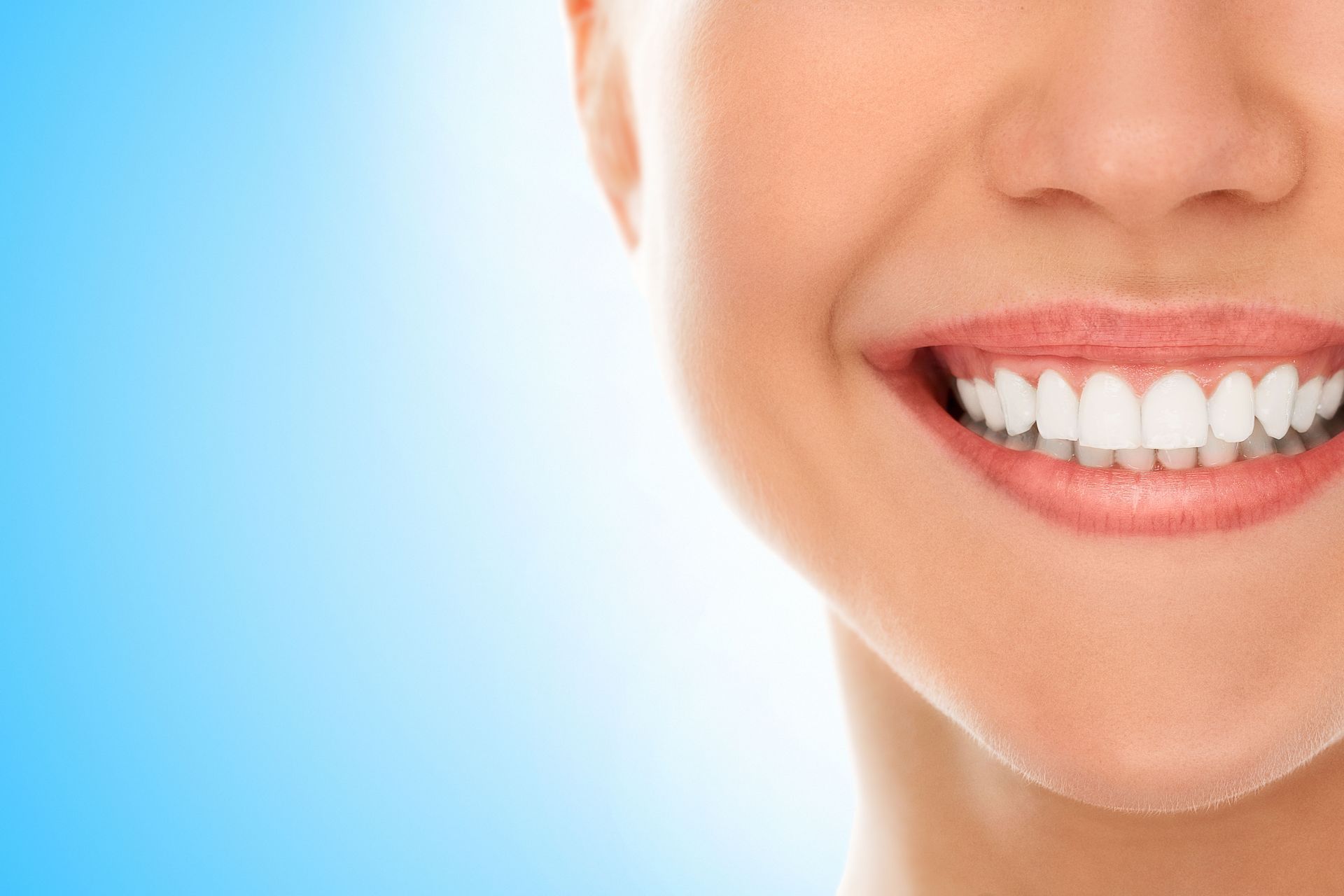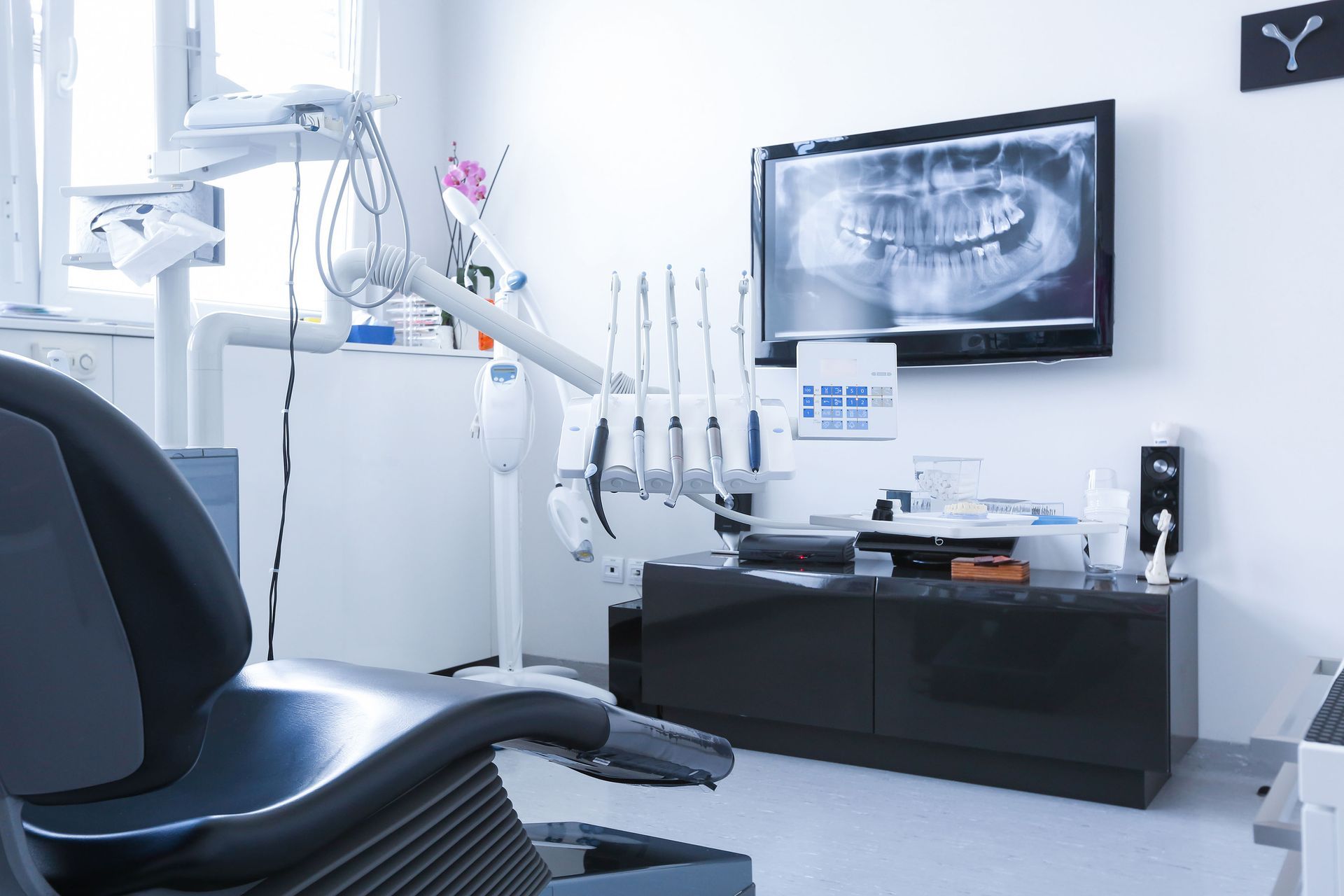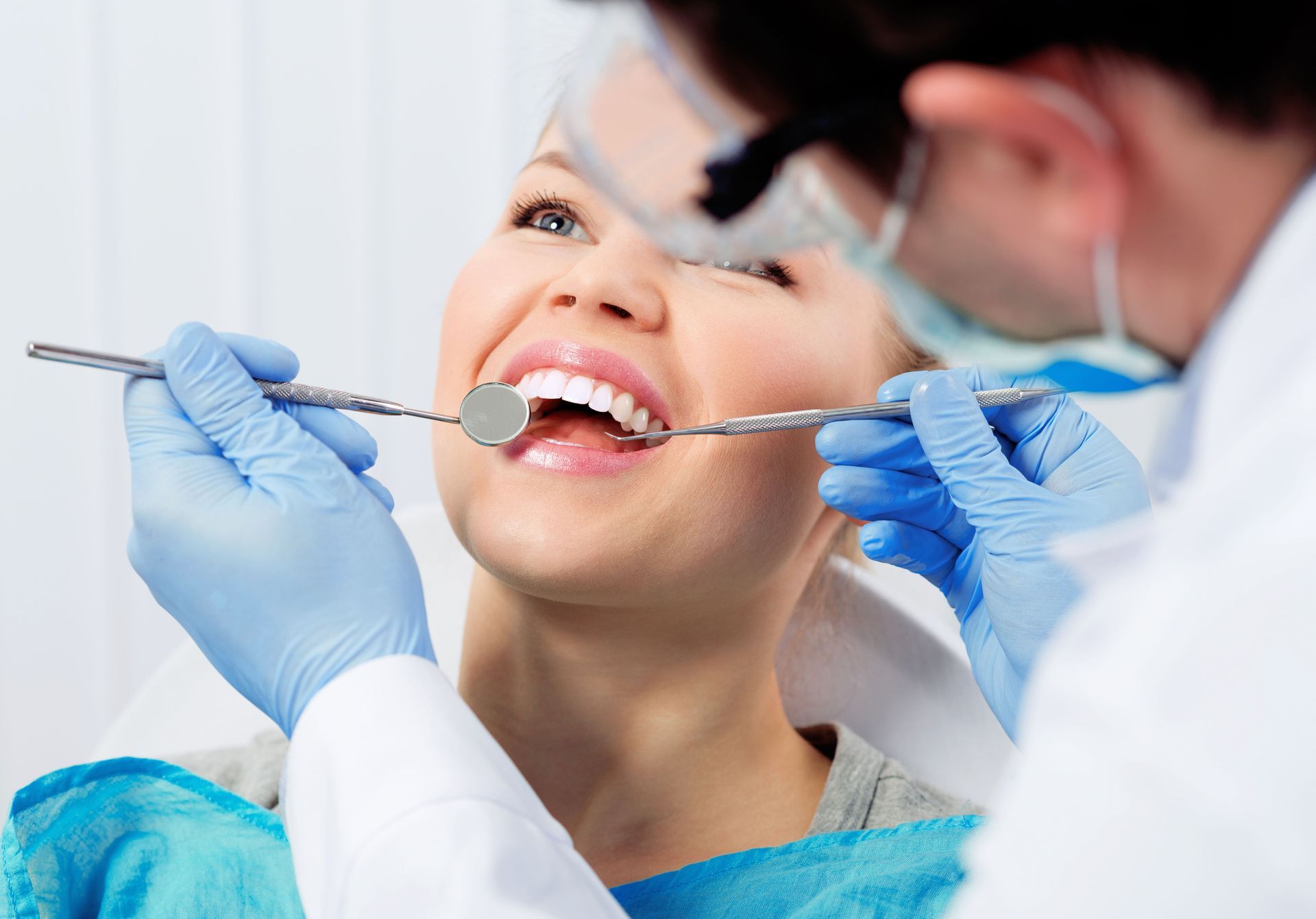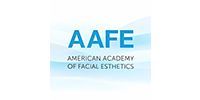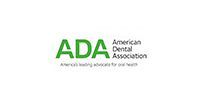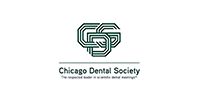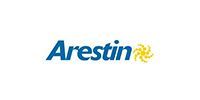September 4, 2025
Oral cancer is one of the most serious yet overlooked health conditions, affecting hundreds of thousands of people worldwide each year. Because it can develop silently and progress quickly, regular screenings are essential for catching the disease before it reaches advanced stages. Left untreated, oral cancer can lead to complex medical challenges, prolonged treatment, and a significantly reduced quality of life. With the support of trusted family dentists and hygienists, patients gain access to preventive care that makes screenings a regular part of dental visits. By combining regular dental appointments with proactive health habits, individuals can better protect both their oral and overall well-being. Below are six compelling reasons to prioritize oral cancer screenings.
1. Understand the Lifesaving Impact of Early Detection
Oral cancer often targets tissues in the lips, tongue, and throat, with contributing factors such as tobacco use, alcohol consumption, and HPV. Unfortunately, many cases aren't identified until they become difficult to treat. Regular screenings conducted by dentists and hygienists significantly improve the odds of survival by detecting abnormalities early. When discovered sooner, treatments can be less invasive, more affordable, and far more effective.
According to the American College of Prosthodontists, only one-third of oral cavity cancer cases are diagnosed in the earliest stages, when treatment works best. This statistic highlights the importance of routine checkups, since timely detection not only saves lives but also reduces the need for aggressive therapies. Patients who maintain ongoing visits with dental professionals have the advantage of having any suspicious changes addressed promptly, ultimately safeguarding their long-term health.
Early detection also means patients may require shorter recovery times and can continue enjoying daily routines with less disruption. Avoiding advanced treatments like chemotherapy or extensive surgeries preserves both health and peace of mind. A proactive approach to oral care makes a measurable difference in long-term outcomes.
2. Recognize Risk Factors That Go Beyond Tobacco and Alcohol
While smoking and alcohol consumption remain common contributors, other risk factors are equally critical. Human papillomavirus (HPV) has emerged as a leading cause of oral cancer in younger, non-smoking populations, proving that no demographic is immune. Diet also plays a role, with nutrient-rich foods reducing risk and processed diets increasing it. Dental professionals help patients understand these risks in the context of age, lifestyle, and genetic history, offering targeted advice for prevention.
By identifying vulnerabilities, patients can make informed choices about diet, exercise, and other habits to reduce their likelihood of developing oral cancer. Regular screenings and education from dental practitioners make it easier to tailor preventive strategies and minimize exposure to risk factors. A proactive approach ensures that individuals not only address existing risks but also strengthen their long-term health through better daily habits.
Risk factors may also shift over time as health conditions or lifestyle patterns change. This makes ongoing conversations with your family dentists and hygienists particularly valuable. By reassessing risks regularly, patients are better equipped to adapt their habits and protect their health at every stage of life.
3. Address the Silent Nature of the Disease
One of the greatest dangers of oral cancer is that it often begins without noticeable symptoms. Many people experience no discomfort or visible changes until the disease has advanced, making it harder to treat successfully. This is where the experience of family dental professionals becomes essential. Through professional screenings, subtle signs such as persistent sores, unexplained bleeding, or small lumps can be recognized and investigated early.
Routine checkups provide peace of mind and allow issues to be addressed before they progress into serious health challenges. Unlike self-checks at home, which can easily overlook early warning signs, a professional exam ensures nothing is missed. By staying consistent with scheduled visits, patients maintain an essential safeguard against the hidden dangers of oral cancer and other oral health conditions.
The silent progression of oral cancer also makes awareness campaigns and education vital. When people understand the importance of catching a disease that rarely signals its presence, they’re more likely to prioritize screenings. Knowledge empowers patients to take control of their own outcomes.
4. Compare Financial Outcomes of Early Versus Late Treatment
The costs associated with late-stage cancer treatments — surgery, radiation, chemotherapy, and ongoing medications — can be overwhelming. In contrast, early detection often results in more straightforward and affordable interventions. Preventive screenings by family dentists and hygienists reduce the need for costly procedures, ultimately protecting both health and finances.
Many community clinics and dental offices provide affordable options for oral cancer screenings, making them accessible to wider populations. Advances in technology have also lowered the cost of diagnostic tools, making sure that preventive care remains within reach for most patients. By investing in routine screenings today, individuals can save significant resources down the line while facilitating better health outcomes.
Financial stress from medical bills can also take a toll on emotional well-being. Avoiding these costs through preventive measures not only preserves physical health but also helps patients maintain stability in other areas of life, from career to family responsibilities.
5. Benefit From Professional Expertise and Screening Procedures
Oral cancer screenings are simple, noninvasive, and quick, usually involving a visual inspection and palpation of the oral cavity, head, and neck. Additionally, at Barrington Smiles, an FDA-approved adjunctive screening device is utilized to detect oral cancer in its earliest stages. These methods provide clarity about any suspicious findings and help guide next steps.
Family dentists and hygienists are specially trained to recognize potential warning signs, offering patients reassurance and guidance when further evaluation is needed. Their ability to integrate screenings into routine exams means patients don’t need to schedule extra appointments or face additional barriers. With their experience, patients receive comprehensive preventive care that supports both oral and overall health.
For patients who may feel nervous about screenings, dental professionals also take time to explain each step of the process. Clear communication builds trust and makes the experience more comfortable, encouraging individuals to continue regular appointments.
6. Embrace a Preventive Approach to Long-Term Health
Preventive dentistry is about more than cavity checks and cleanings; it includes screenings for oral cancer and other systemic conditions. When patients partner with family dentists and hygienists, they gain access to comprehensive care that integrates prevention with overall well-being. By adopting preventive strategies, individuals reduce their risks, increase their awareness, and create healthier habits that extend beyond oral care.
Early detection of oral cancer not only saves lives but also preserves quality of life, helping patients avoid aggressive treatments and long recoveries. Making screenings a routine part of dental visits is a simple yet powerful way to invest in long-term health. With consistent care and guidance from dental professionals, patients can build a healthier foundation that benefits them for years to come.
Prevention also fosters confidence. Knowing you’ve taken steps to guard against serious illness provides peace of mind and allows you to focus more fully on enjoying everyday life. Preventive care isn't just practical—it’s empowering.
Oral cancer remains a serious public health challenge, but patients can take control through regular screenings and preventive care. With only a fraction of cases detected at the most treatable stages, it is essential to be proactive rather than reactive. By working closely with their dentist and hygienist, patients make sure that early detection becomes part of their wellness routine, improving outcomes and reducing risks.
At Barrington Smiles, we've been serving the Barrington, IL area with over 35 years of experience. Our team is dedicated to comprehensive care that includes preventive dentistry, like oral cancer screenings. Our family dentists and hygienists make these screenings a natural part of your visits, offering reassurance and peace of mind. Protect your health today with proactive care that prioritizes prevention. Schedule an appointment with Barrington Smiles and take the first step toward a healthier, brighter future.
